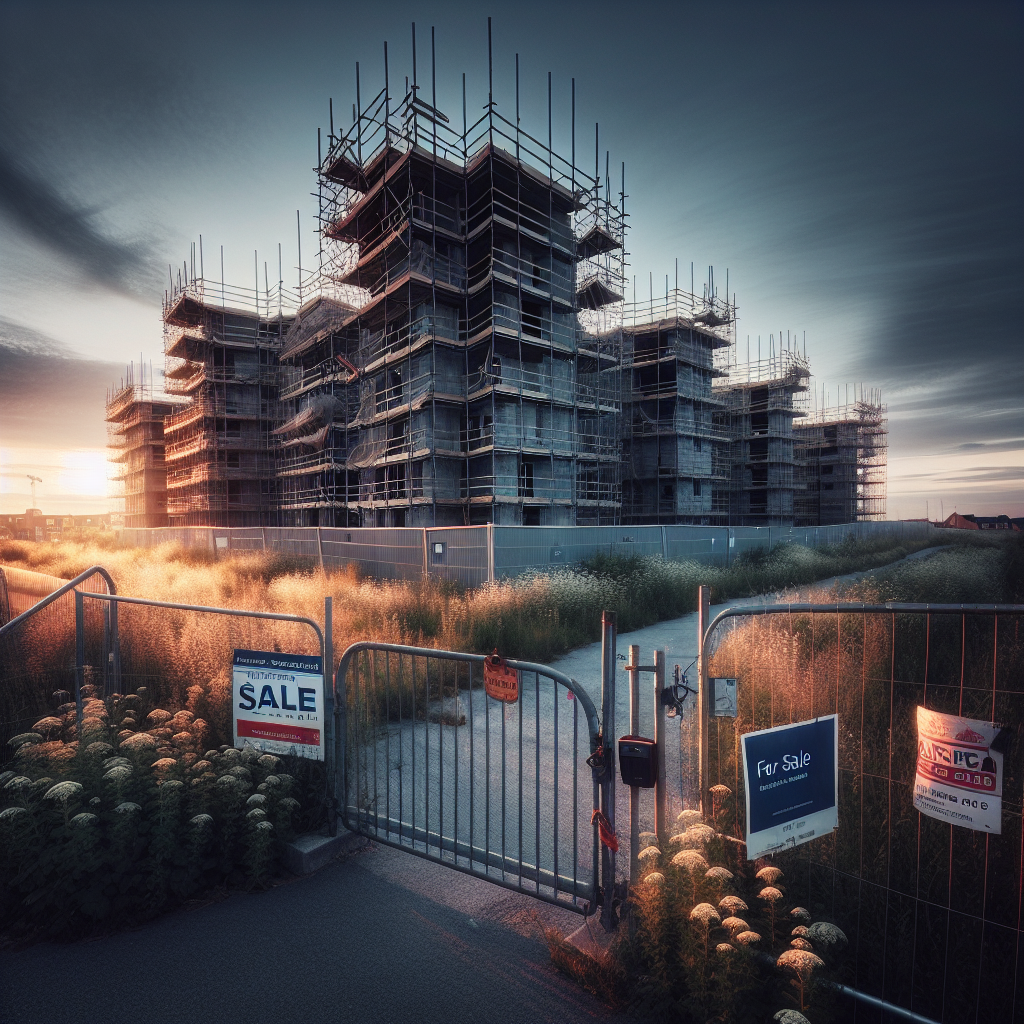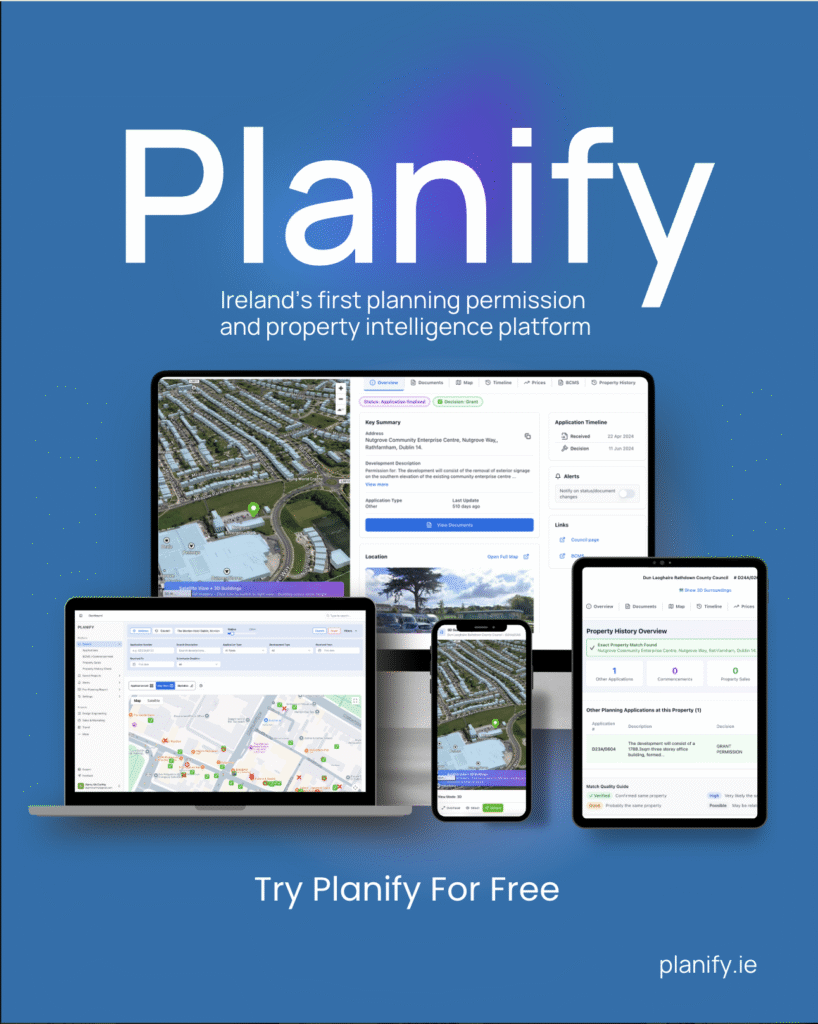Dublin City Council has rejected the planning application for an 181-unit apartment complex in Harold’s Cross, likened to a “Silicon Docks”-style project. The decision to deny planning permission to Adroit Company Ltd’s Large-scale Residential Development (LRD) scheme was primarily influenced by local objections, flooding concerns, and access issues.
The council’s refusal of planning permission for the apartment development at Harold’s Cross Road stemmed from various factors. One significant concern was the site’s location within the Poddle River Flood Zone B, making it susceptible to flooding. Citing the vulnerability of the area, the council emphasised the need to avoid high-risk residential developments in such zones until appropriate flood defences, like the Poddle flood alleviation scheme, are in place.
Additionally, the council highlighted access issues to the site as a key reason for rejection. Adroit Company Ltd failed to demonstrate that the proposed development would not adversely affect traffic flow on the neighboring public road. Dublin City Council expressed apprehension that the project could pose a threat to public safety due to potential traffic hazards associated with the development.
Prior to this rejection, a strategic housing development (SHD) scheme on the same site had also been denied planning permission. In an attempt to address previous concerns, the applicants proposed reducing the building heights and massing of certain blocks within the development. While these changes were seen as a step towards potential future approval, the council underscored the need for further adjustments to align with intensification policies for underutilised sites.
The planning application attracted over 40 submissions, with notable objections from stakeholders like the owner of Mount Jerome crematorium, Alan Massey. Massey expressed reservations about the proposed development, likening it to a modern ‘Silicon Docks’ project that seemed out of place in the Harold’s Cross area. He raised concerns about the height and character of the development, asserting that it did not blend well with the existing low-density housing in the vicinity.
While the recent refusal signifies a setback for the proposed apartment complex, it also presents an opportunity for the applicants to address the council’s concerns and potentially revisit the development in the future. By making necessary adjustments to mitigate flooding risks, enhance access, and address community feedback, Adroit Company Ltd may have a chance to realign their project with the council’s planning criteria and secure approval for development on the site.
Dublin City Council’s decision to deny planning permission for the Harold’s Cross apartment development underscores the careful balance between addressing housing needs and ensuring sustainable, community-compatible urban growth. The outcome highlights the significance of comprehensive planning, stakeholder engagement, and adherence to regulatory guidelines in shaping the future urban landscape of Dublin.







